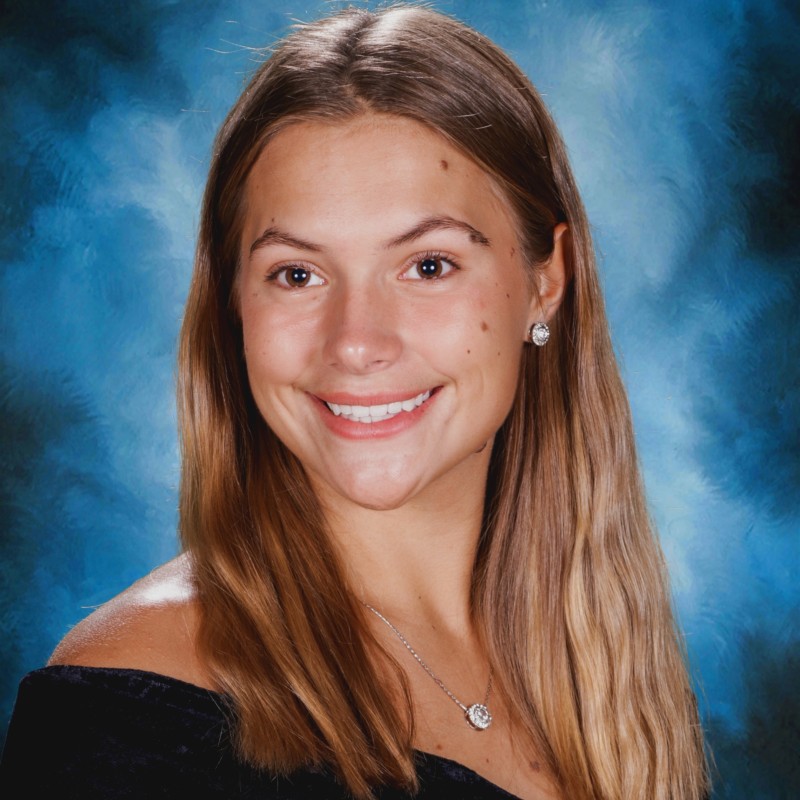For top athletes, the mental game is everything. Visualizing the performance. Staying calm and collected. Finding the “Zone”. The zone for every athlete is different. It’s the optimal state of psychological and physical preparedness that enables the athlete to compete at peak performance. To visualize and find her way into her zone, Michelle Roark’s sports psychologist had always told her to use all her senses. While others would use music or lucky socks, Roark found that the sense of smell was one that connected deeply to the brain and yet seemed completely overlooked by athletes. She had struggled to visualize using smell. She didn’t know what it smelled like to ski well. She explored available essential oils. As she researched and tested these various essential oils, she began to become dissatisfied with the products on the market.
Roark, having already begun her education at Mines, started creating her own blends of oils. She experimented with different blends of scents to mentally prepare for competitions. Using the energy footprints in essences, she found that certain combinations help her brain tap into a heightened state of mental readiness before competing. But her journey didn’t just stop there. After retiring from skiing following the 2010 Olympics, Roark’s curiosity blossomed. She began asking questions such as what does science say about how the scents affect a state of mind, how are other athletes in other countries using them, and could she advance this concept further to the benefit of other athletes. She discovered that research on this topic, aromatherapy, was limited and much of it was contradictory. By this time, Roark had to decide on the topic of her senior design project. At Mines, seniors take part in Capstone design projects. With permission, students can propose their own projects. Roark knew that for decades petroleum and chemical engineers had been refining the oils we pump from the ground. She looked to herself and sarcastically asked: “so why can’t I refine the essential oils I used as an athlete?” Roark proposed doing research on refining essential oils to truly understand how these could help athletes tap into their zone. Given the Mines legacy in mining and oil and gas, some of the faculty were unprepared for her topic. Having worked her way to the US Olympic team, she was used to being told no. She persisted and eventually found a professor to sponsor her research and from there, she began a rewarding journey. At the conclusion of her research, Roark had created a device to measure the electromagnetic energy of essential oils and classified them into 6 different categories of energy waves. She then classified these oils into social and emotional properties. Using her education and experiences, she began creating oil mixes for others. This eventually grew and took off to become what is now Phia Lab.
Roark had always had two goals in life: to be an Olympian and become a chemical engineer. Some might argue these two goals were too different to be accomplished together, but Roark proved them wrong. Not only did Roark launch Phia Lab as an undergrad, but she also competed 20 years on the World Cup Ski team placing second in the 2003 Olympics. Her power of curiosity, determination, and the courage to pursue what others had not, is the essence of how we innovate at Mines.
